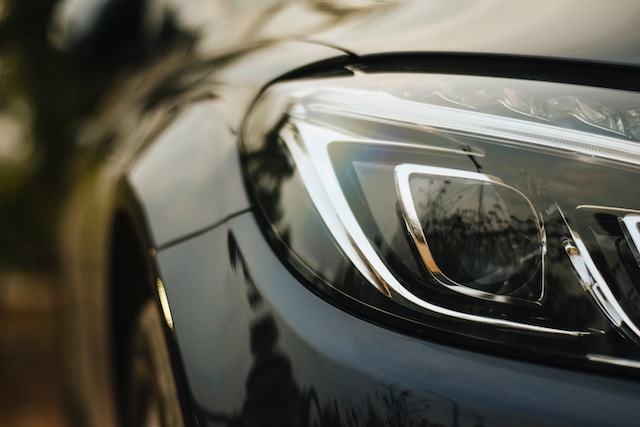Car detailing is the process of cleaning, restoring, and protecting your car’s interior and exterior. It involves washing, waxing, polishing, vacuuming, and applying various products to enhance your car’s look and feel. Detailing products can range from shampoos and cleaners to sealants and coatings.
But how often should you detail your car? Is there a fixed schedule that you should follow? Or does it depend on your personal preference and driving habits? We will explain how these factors affect the frequency of car detailing and provide a schedule for optimal maintenance.
Why You Should Detail Your Car Regularly?
Detailing your car regularly has many benefits, such as:
Elevate appearance and value
A polished, well-maintained car looks better and showcases the owner’s dedication to its upkeep. This enhanced appeal can significantly boost its resale value, making transitions smoother when selling or trading.
Guard against external damage
External elements like road salt, bird droppings, and dirt can erode your car’s surface. Regular detailing eliminates these hazards, ensuring a protective coat that defends against paint degradation.
Boost performance and safety
A car’s efficiency can diminish due to accumulated dirt affecting its aerodynamics and other functions. For instance, an unclean windshield might obstruct vision, leading to potential accidents. Regular detailing ensures optimal car performance and safety by maintaining cleanliness.
Learn more: Interested in learning more about car detailing and how it can benefit your vehicle’s appearance and longevity? Visit Spark Car Wash for expert tips and services tailored to your car’s needs.
Factors That Affect the Frequency of Car Detailing
There is no universal answer to how often you should detail your car. The frequency of car detailing depends on various factors, such as:
Car type
Detailing needs can vary based on the car’s model and category. Luxury or sports cars often demand more regular, intensive care than everyday vehicles. Similarly, convertibles may need more attention than traditional sedans due to their specific build.
Local climate and environment
Your location plays a crucial role in the wear and tear of your vehicle. Cars in humid, rainy, or hot climates require more routine cleaning to prevent mold or water damage. Conversely, cars in snowy areas with salted roads may often need detailing to avoid corrosion.
Driving habits
The frequency and length of your trips can influence detailing intervals. Regular or long-distance drivers expose their cars to more contaminants, necessitating more frequent care than those driving occasionally or over short distances.
A General Schedule for Car Detailing
Based on the factors mentioned above, here is a general schedule that you can follow for optimal maintenance of your car through detailing:
| Car Detailing Task | Frequency | Description |
| Washing | Every two weeks or when dirty | Removes dirt and contaminants from your car’s surface |
| Waxing | Every two weeks or when dirty | Protects your car’s paint from UV rays and oxidation |
| Polishing | Every six months or when swirl marks appear | Smooths out your car’s surface and restores its shine |
| Vacuuming | Every six months or when swirl marks appear | Removes dust and debris from your car’s interior |
| Cleaning | Every three months or when stained or smelly | Removes stains, odors, and germs from your car’s interior |
| Protecting | Every six months or when fading or cracking | Prevents damage from UV rays, heat, moisture, and friction on your car’s interior |
Conclusion
Car detailing is essential to car maintenance and can improve your car’s appearance, value, performance, and safety. However, the frequency of car detailing depends on various factors, such as the type of car you have, the climate and environment you live in, and the frequency and distance of driving. By following a general schedule for car detailing, you can keep your car in optimal condition and enjoy its benefits for a long time.







